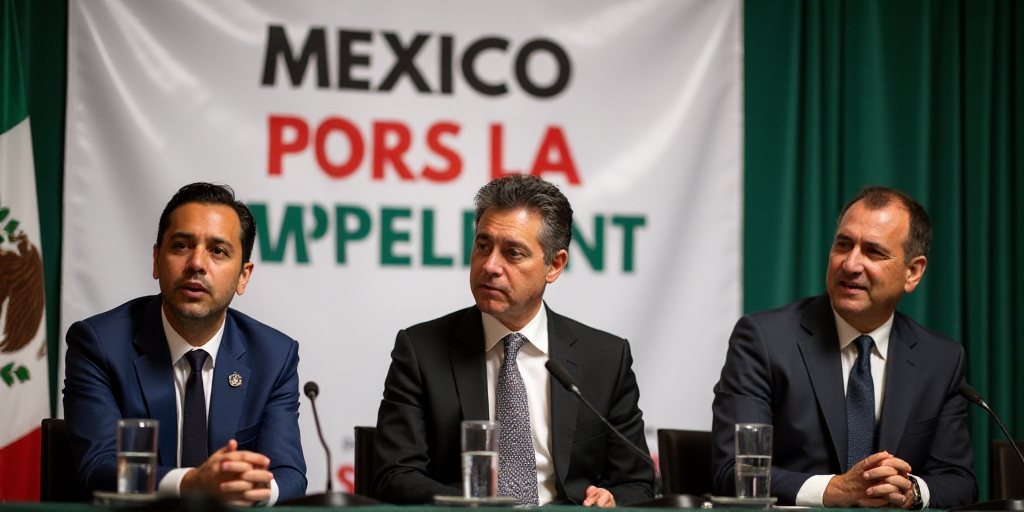Introduction to the Key Player and Relevance
Marath Bolaños, Mexico’s Secretary of Labor and Social Prevision (STPS), has initiated a call to action for all production factors to reach an agreement on implementing a 40-hour workweek in Mexico. This move aims to ensure “certainty” regarding the final proposal that will be approved.
The Call to Action and Previous Successes
Bolaños emphasized the need for an “extraordinary effort” from everyone involved to find a model that will enable Mexico to meet the objective of a 40-hour workweek. She highlighted past successes, such as the approval of reforms like outsourcing laws, platform regulations, and vacation policies, which were implemented as proposed to the production factors.
Bolaños stressed that there should be “great fidelity to the word,” as previous reforms have been approved and implemented according to proposals made to production factors. She further assured that there should be no doubts or suspicions about the upcoming reform process.
Details of the Proposed Reform
The labor minister explained that the reform proposal will determine its scope and the specifics of the eventual proposal. This will be constructed not only from the forums but also from all exercises conducted by the STPS on behalf of the President. The goal is to establish “legal certainty” regarding the steps to be followed and the timelines for achieving a 40-hour workweek.
Bolaños emphasized that this reform is about striking a balance among the production factors and urged everyone to follow through with the ongoing works, which are set to conclude on July 7, 2025.
Key Questions and Answers
- What is the main objective of the proposal? The primary goal is to implement a 40-hour workweek in Mexico, ensuring stability and predictability for both employers and employees.
- Who is leading this initiative? Marath Bolaños, Mexico’s Secretary of Labor and Social Prevision (STPS), is spearheading the effort to reach an agreement on this workweek reform.
- Why is there a need for agreement among production factors? Reaching consensus among all relevant parties—including businesses, labor unions, and government entities—is crucial to create a balanced and effective reform that benefits everyone involved.
- What will the reform entail? The reform aims to establish a clear path and timeline for transitioning to a 40-hour workweek, ensuring legal certainty for all stakeholders.
- When will the reform be finalized? The ongoing works are expected to conclude by July 7, 2025, after which the final proposal will be put forth for approval.






